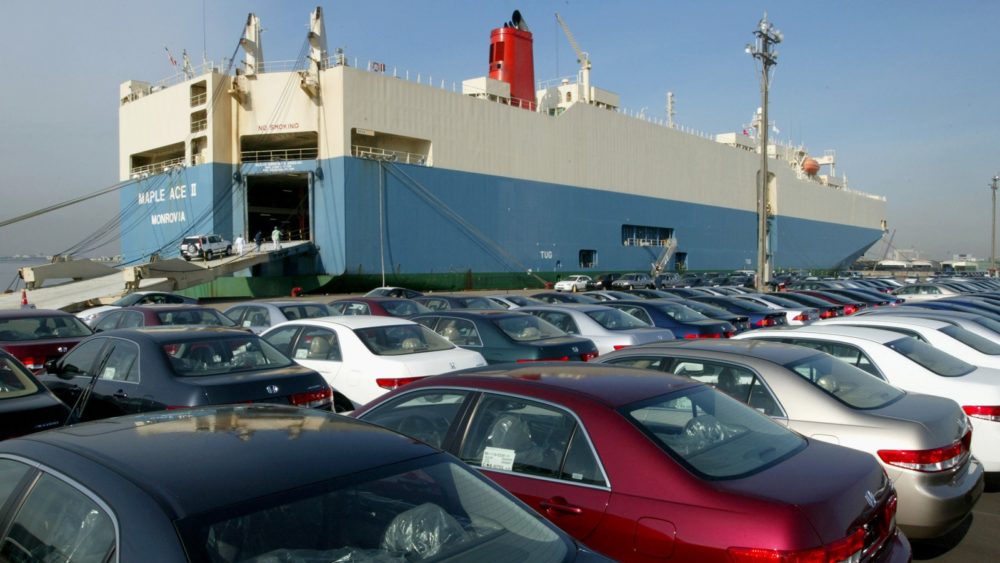
Ever since the government of Pakistan issued the SRO1067(1)/2017, used car importers have been in a constant muddle as thousands of cars are still stuck at the ports awaiting clearance.
Automobiles make up a majority of Pakistan’s total imports, and the SRO was implemented to balance out the trade deficit by controlling the massive surge of imports. But in doing so, importers and buyers have been awestruck with the massive increase in taxes.
One of the main reasons for this implementation was to discourage commercial imports. It’s true that Pakistani residents have been resorting to imported vehicles for a long time now and most car imports are made for commercial purposes. This leaves a bad impact on Pakistan’s economy because all the money goes offshore and the authorities are only able to extract revenue from insubstantial customs duties.
In Pakistan or any other country, one of the largest contributors to the economy are car companies because vehicles are always in high demand and come at high costs; the tax paid on these vehicles is a hefty figure and if the citizens don’t buy from local brands, this tax element is technically wasted and paid to companies residing offshore.
The implementations have caused a number of vehicles, including those ordered by civilians for non-commercial usage, to be held uncleared and locked at Pakistan’s ports. The importers, according to local media, have halted around 6000-7000 vehicles due to non-payment of taxes. Their demand? The new policy’s withdrawal so that they can continue importing vehicles, and maintain considerable revenue, commercially.
ALSO READ
Vitz Becomes the Most Popular Imported Car in Pakistan as Imports Jump by 70%
The government, however, has something else in mind.
Recently, the Federal Board of Revenue (FBR) officials relaxed the custom duties on imports classifying as gifts, personal baggage, and residence transfer schemes, however, only temporarily. But here’s the catch, these exemptions were only granted to vehicles which were ordered before the policy change and the issuance of the aforementioned SRO. This was to clear the 6,000 vehicles which were ordered by ordinary citizens for their personal use.
Moreover, the exemption, in order to be granted, required the importers to verify that their transactions were non-commercial – they had to prove that the payments were made from bank accounts of Pakistani nationals. Dr. Miftah Ismail, an advisor for Finance, Revenue, and Economic Affairs suggested an immediate release of the blocked vehicles so that general consumer-base importing vehicles non-commercially can avoid difficulties.